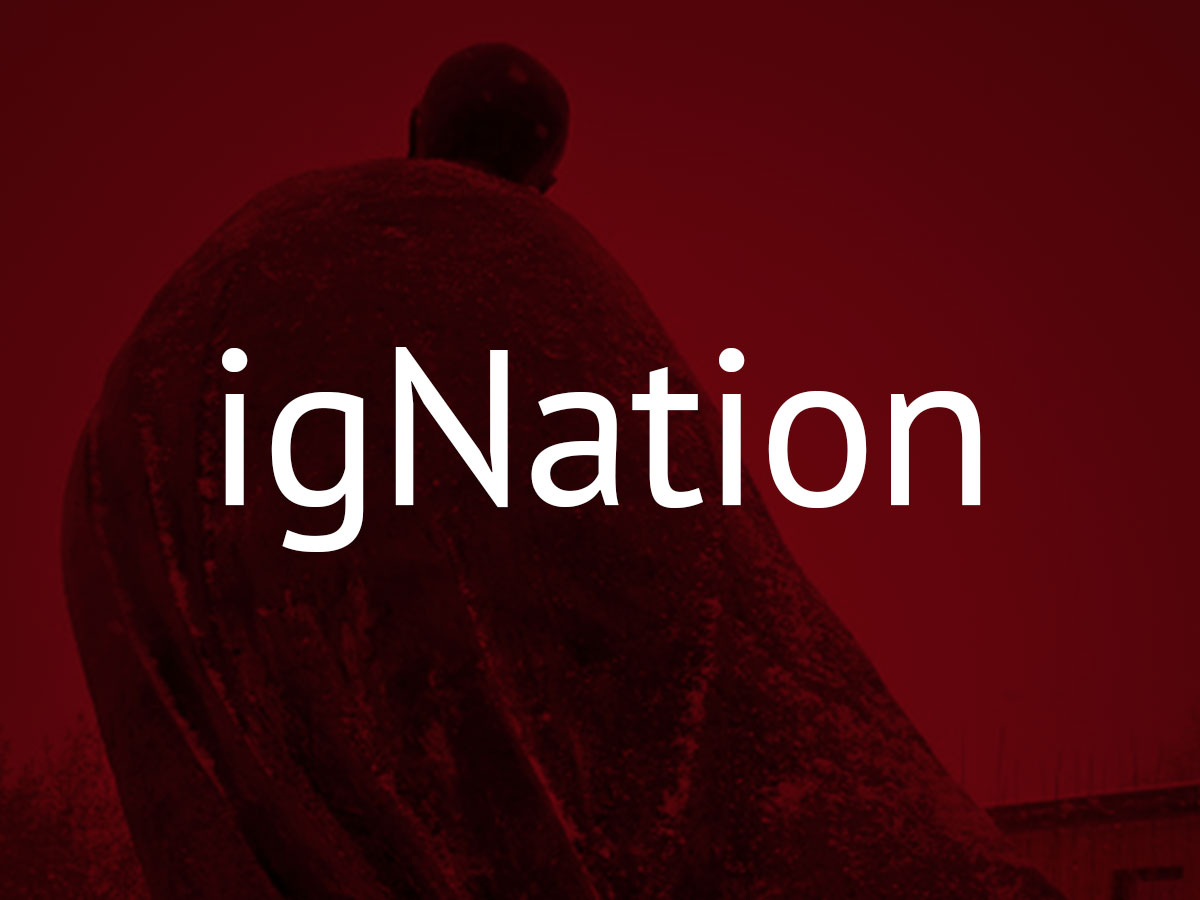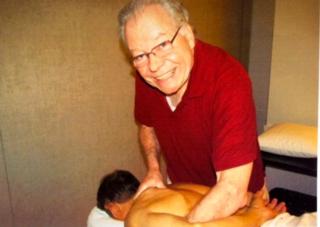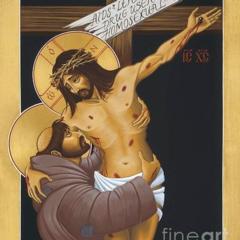Volunteer in The Spotlight

On May 22, 2013, Paul Baker, SJ was interviewed about his work with People With AIDS (PWA). He has submitted that interview to igNation and it is reprinted here in its entirety:
+++++++++++++++++++++++++++++++
Paul Baker is one of the longest serving volunteers here at PWA. Having given more than 20 years of service to the agency, his passion for service is unquestionable. His charm and warm personality are disarming and contribute to PWA being a relaxed and inviting space. He is a Registered Massage Therapist who delights in delivering comfort to the elderly persons living with HIV/AIDS. Paul allowed us a peak into a full life of tragedies and triumphs that have have helped him to shape him into a remarkable person.
Albert: Where are you from?
Paul: I grew up in Northern New Brunswick, also called the Upper St. John’s River Valley. I lived about an hour and a half drive to the Quebec border. Iived on the banks of the river and my father was a ferry boat operator on the river.
Albert: What was the experience like growing up?
Paul: It was wonderful. I remember growing over on the ferry boat with my father and he insisting that I sit down (laughs). It was a very elementary ferry boat, wasn’t motorized. I doubt they still have those around now. This was the ‘40’s.
Albert: Who or what had the greatest impact in shaping who you are as an individual?
Paul: I lost my mum ……she died shortly before my 10th birthday. It was a great loss for me. Mum had been ill for 3 or 4 years before she dies and I had been like an errand boy for her, so when she passed away I not only lost my mom but I lost a job in some form, as I no longer had her to care for. I learned early how to care for others and to be there for other people. I also learned from others as they cared for me during this time. I think of them as my cheerleaders. That is a solid metaphor that I use when thinking about people who care for others. Cheerleaders. My work in massage is mainly with elderly people and people with HIV/AIDS, so I guess you could say I care for others as I was cared for. I am a Cheerleader!
Albert: That must have been a very traumatic period for you, how did you handle it?
Paul: I was devastated (shaking head) I had to leave my father and his ferry boat and move to live with my older sister. This was a big change for me that happened really quickly. My mom died in December of ’46 and I moved from the country to live with my sister in September of ’47. I never really had many children to play with too. The community sign should have read: “Adults Only,” because it was filled retired farmers (laughs). In a sense I didn’t have a childhood, because I was forced to grow up really quickly. There are some things I miss but I don’t dwell on them, it is what it is.
Albert: When did you start working at PWA?
Paul: I started in November of ’92. I would say that I was here during the formidable years. When I started I knew nobody who was HIV+. Chris, also a Registered Massage Therapist was here as a volunteer at the time and she really showed me the ropes. It was a new experience for me. In those days I was doing 4 massages a week. I came in twice and did two back to back. HIV/AIDS was truly an epidemic back then and it was new for all of us in many ways. We were frontline workers back in those days.
Albert: There are many horrific stories about the “early days” of HIV, what made you want to give service at PWA?
Paul: I had a friend who was the volunteer coordinator at the time. He asked me if I was interested in giving some hours and I told him I was willing but I still wasn’t sure about this whole business, so he said give it a try and I gave it a try and here I am ever since! It was a tough time, but it was wonderful to see how the community cared for each other. It was wonderful. Shortly after I came to volunteer I was diagnosed with heart disease, which I still have. I remember hearing Christine in one of her speaking engagements say that, “HIV is what I have, it is not who I am.” I really appreciated this and I told her and it has become my own mantra, so heart disease is what I have, it is not who I am.
Albert: Seems you have also benefited from giving service here at PWA.
Paul: Oh, yes. I remember there was a French Canadian who moved here from Montreal, he was in and out of hospital in Montreal and there was a note on the table from his partner ending the relationship. So his brother suggested that he move to Toronto. He became a client at PWA. I remember one of the times I was massaging him, as usual I would begin with the hands and arms, then feet and legs. While working on his abdomen and chest he started to cry. I just said to myself, just stop what you are doing, pick this man up and hold him. I did just that. I held him and he cried and cried. I broke all professional rules, but it was the thing to do at that moment. He eventually stopped and I finished the massage. My understanding of his experience is that it was a recognition that he was no longer in charge of the HIV virus but the virus was in charge of him. It was great to be there for him! I will never forget this moment.
Albert: How have PWA and the community changed over the years?
Paul: I think the caring and love is still there. However, in those days the period between diagnoses to death could be as short as 4 months and then to live two and a half years was a long life, and many lived that reality. I saw my work as being present for another, in massage you have to be present. The activity itself lends itself to being present to another and you cannot fake it. It involves a lot of listening. People would tell their stories and you would just listen. I also see it being s support for the person I was working with, when their walls come crumbling down the most I could do is allow myself to be there and give my support. When you are in that position and comfort is a distraction, it is something to look forward to, something to smile about even for a short time. I never wore gloves, never wore a pair of latex gloves ever. Back then you had people with Kaposi Sarcoma, it is a kind of skin cancer and sometimes the skin would break. They would tell me and I would not touch them there but of course this did not mean that I could not continue with the massage.
Albert: This must have been very hard to handle. Even now when speaking to you I see tears, do you have an outlet to deal with this?
Paul: The outlet I have is talking with my friends. There were a lot of painful experiences and memories but I would not want it any other way. I trust I was real and the people I cared for, I hope I helped them on their journey. It was an experience of seeing humanity at the edges as it were. Although it was difficult it was wonderful to be there.
Albert: What advice do you give to young people, especially those entering adulthood without much experiences?
Paul: My experiences may not be the same as others, the things that occurred during my formative years may never have occurred in another person’s life. Kissing my mom goodbye one month before my tenth birthday, yes, it was more than 65 years ago, but it is still painful. I really do not know what to say. Try to be real. This requires a holistic recognition of people and yourself. To live a good life is to live a whole life, and integrated one. As a Jesuit brother they will say that we are called to holiness. But what does that mean? Well it means to be a whole person to be a real person. I strive to be real in all parts of who I am. Strive to be an integrated person, a whole person. To try to be as real and as integrated and a whole person as you can be, and if you fail at this or make a mistake just say I am sorry and I will try to do better next time.
Albert: Do you have a guiding philosophy?
Paul: I would not call it a philosophy but I have a prayer that I say. “May the Lord have mercy on me, forgive me of any wrongdoing, give me His joy, grace, peace and healing and bring me one day with Him to our Father in Heaven.” (smiles)




No Comments